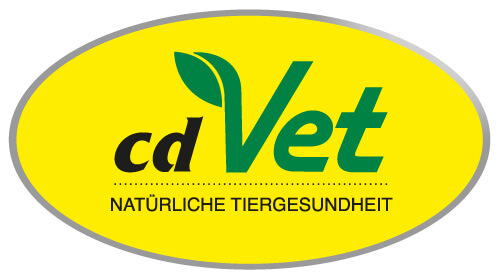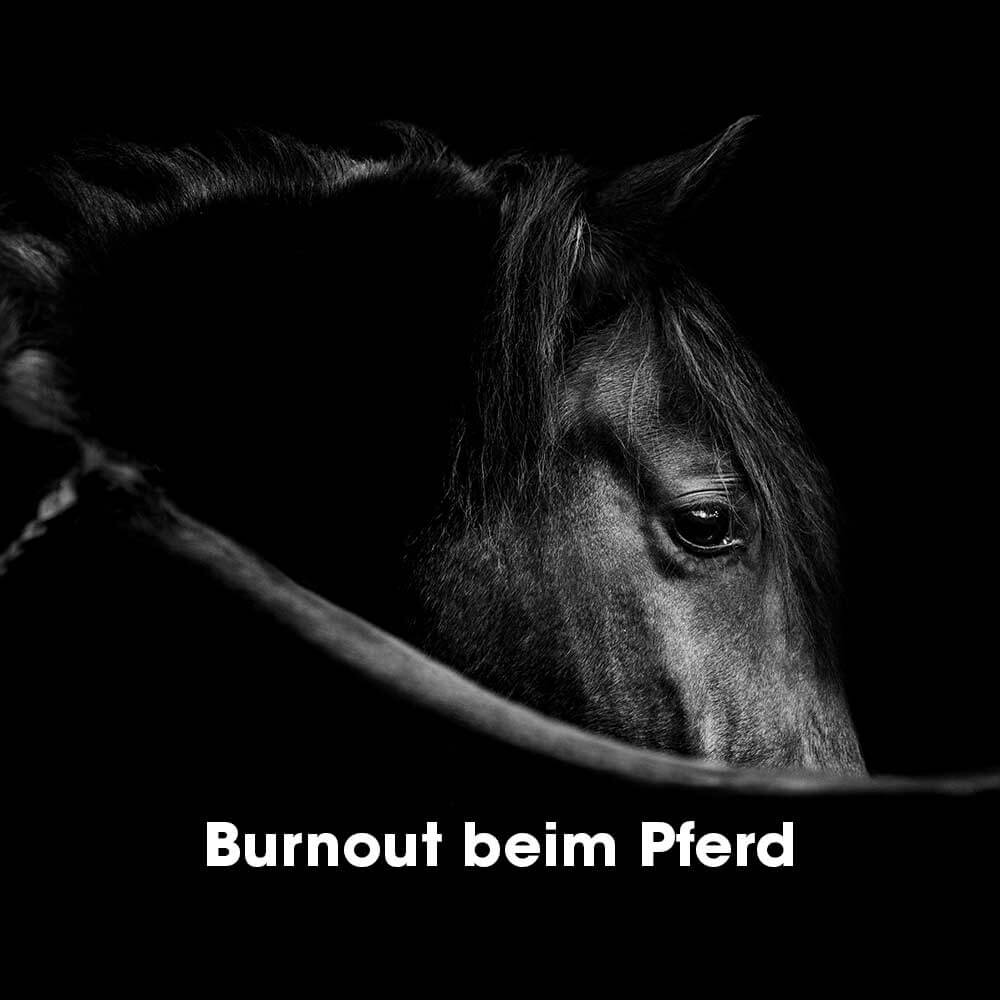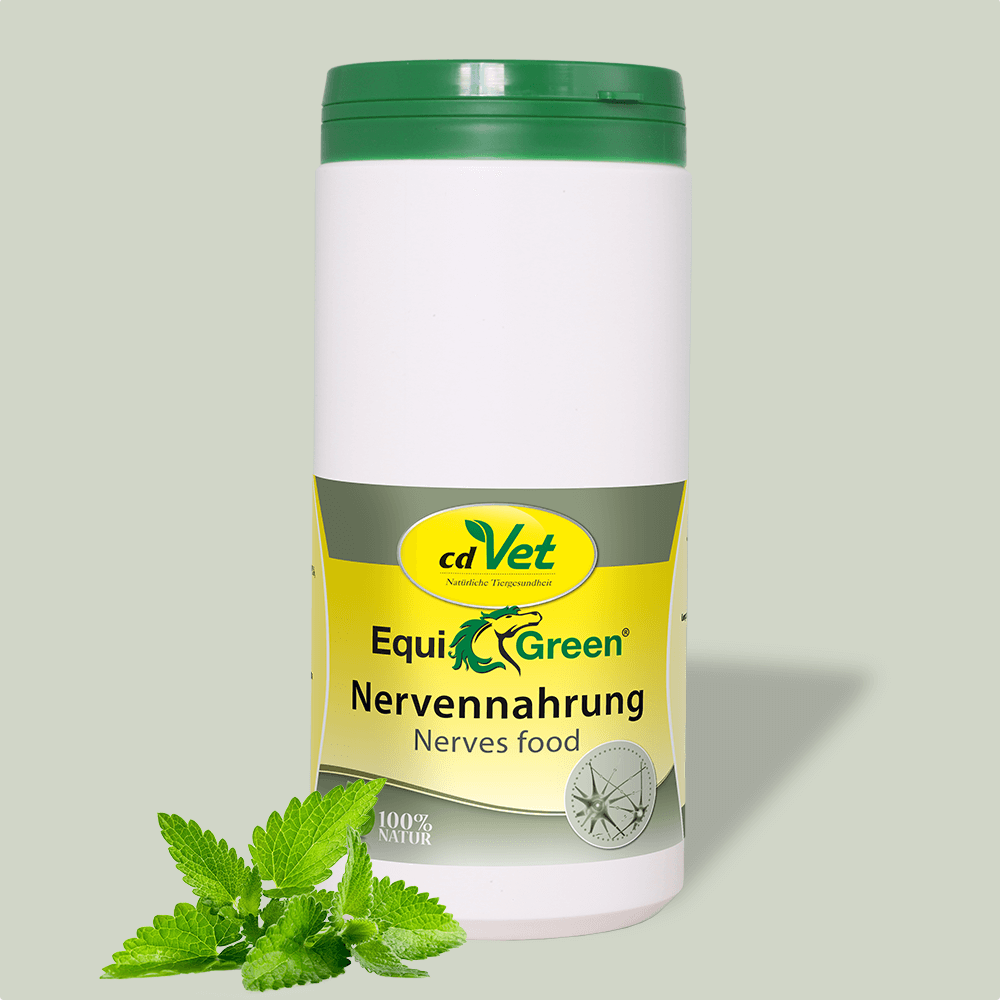And suddenly it doesn't work anymore – horse burnout
Monotonous and stressful days are not something that should become permanent. However, if the horse's everyday life mostly only consists of feeding, training and going back to the stable over and over again, this has consequences for the horse: the constant excessive demands can make him sick. They feel burned out and the horse's soul becomes unbalanced. Burnout is by no means a condition unique to humans and can have serious consequences for the relationship between humans and horses, but especially for the health of the animal itself.
During burnout, the horse usually goes through several phases: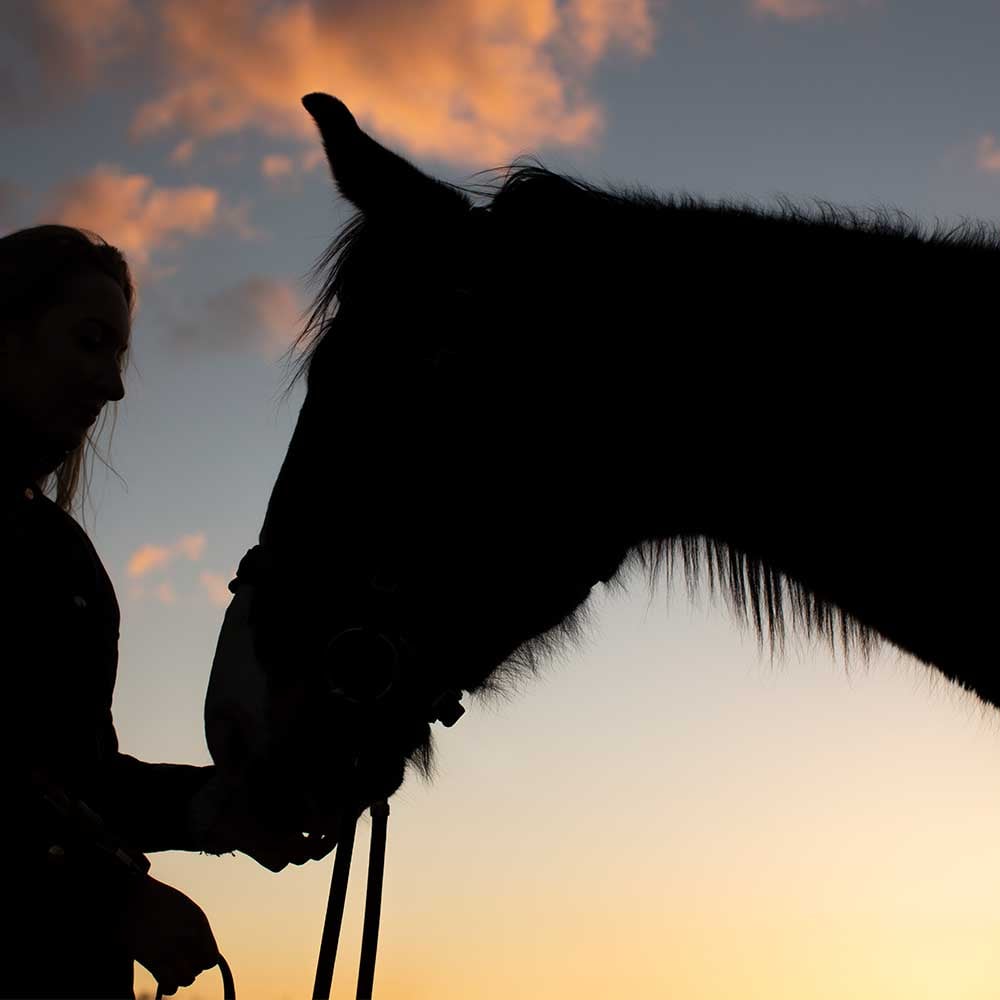
Phase of stagnation and standstill
Communication between humans and horses is disrupted. The owner is not yet aware of the situation and may try to force the horse to perform, which further increases the horse's stress level. The levels of the “stress hormone” cortisol also increase. The time has come. In addition to the psychological strain, there is now also the physical strain.
Long-term release of cortisol results in a weakening of the immune system and the horse is also more vulnerable to other diseases. The first behavioral problems become visible: the horse shows a reduced well-being, which can be seen, among other things, in flattened ears, poor performance, restlessness, tail flapping and back problems. It is often the case that in this phase an attempt is made to ride the horse over this “unwillingness” instead of giving him a break. So things continue smoothly into the next phase.
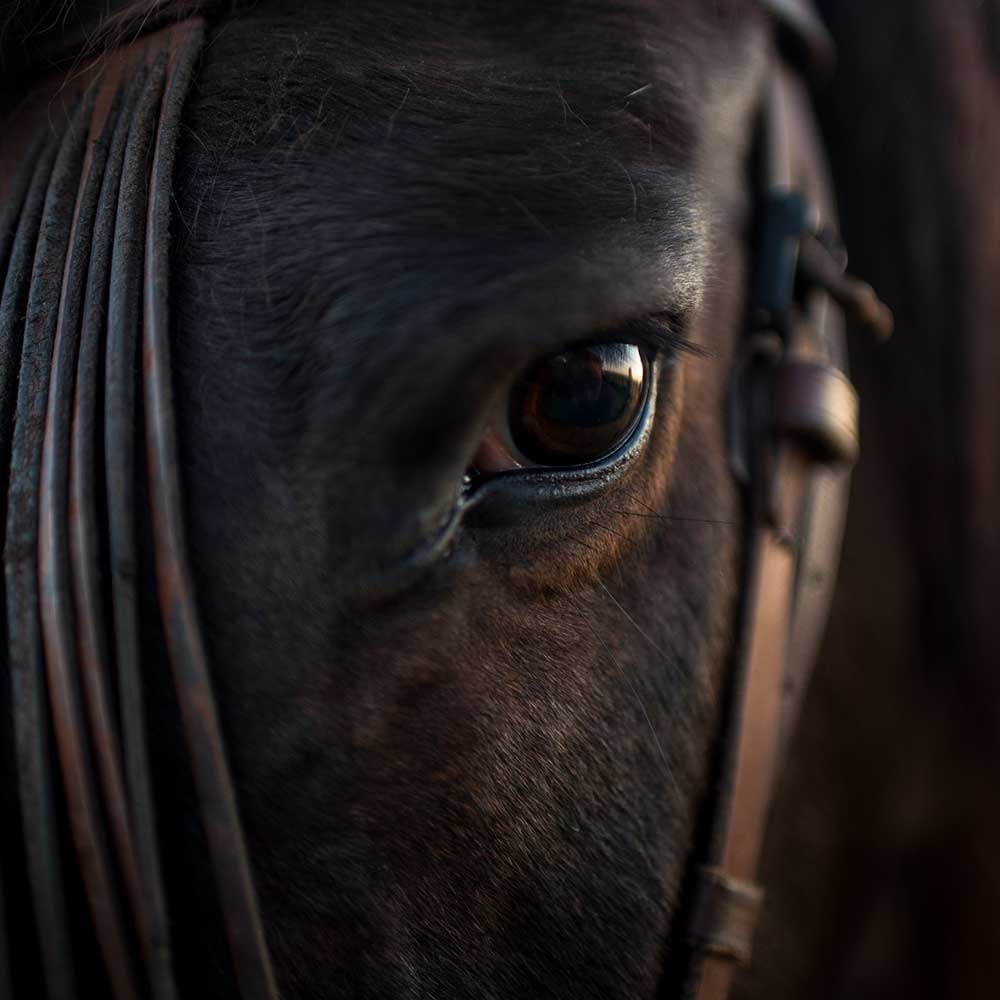
Phase of resistance
In this phase, the horse's warning signals become even clearer and more offensive: rising, bucking, biting, kicking and total refusal. But it is up to people to interpret these signals correctly. There are two options that take the horse into the next phase:
- Horse provides permanent resistance. Until the owner sees no way out and gives up. The horse has become “unrideable”.
- The horse's character is broken. In other words, it receives a violent response from the owner until it falls into humiliation. It has lost the fun of work.
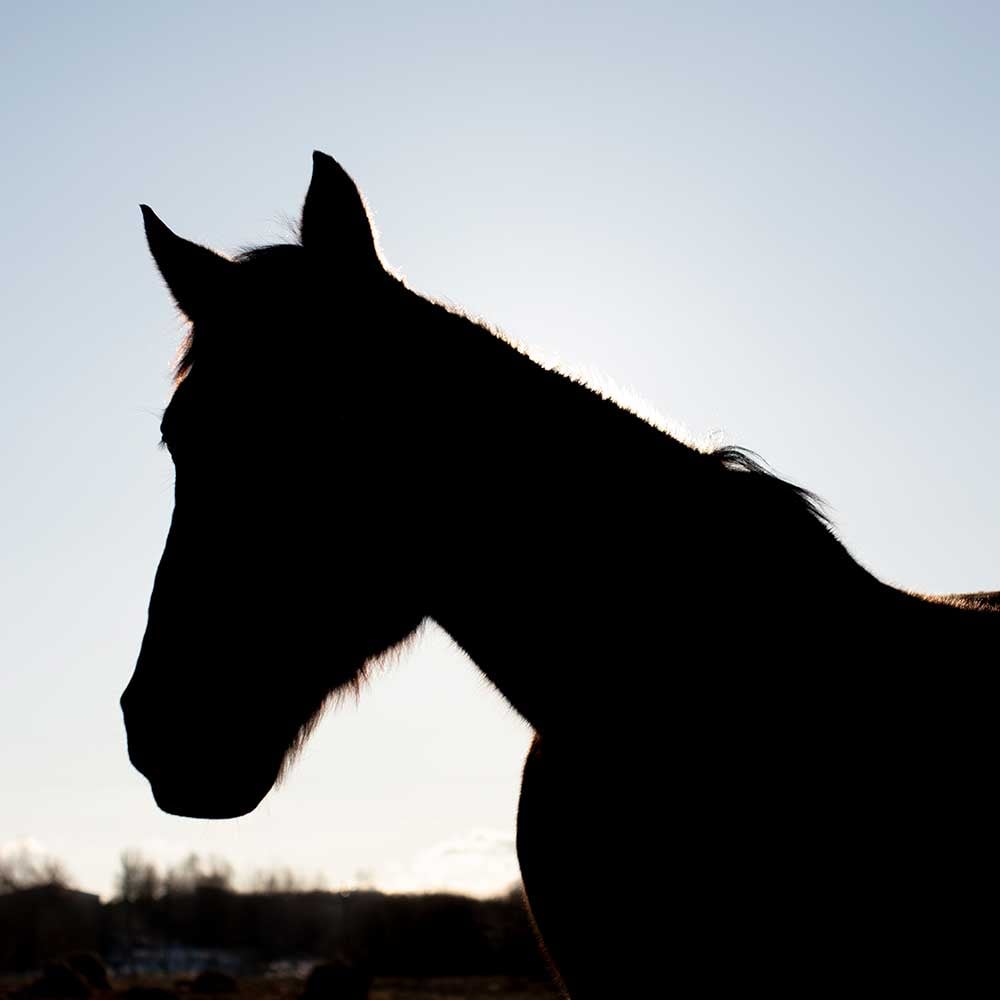
Phase of exhaustion
The signs that the horse has reached this phase include weakness, stomach ulcers, lameness, permanent fatigue, social apathy and behavioral disorders such as crib and weaving. A short relaxation or a short break would be absolutely necessary. Scientists call it “learned helplessness,” an attitude that occurs only in horses that have been trained through punishment or whose behavior has no influence on the rider.
The final phase is not far away:
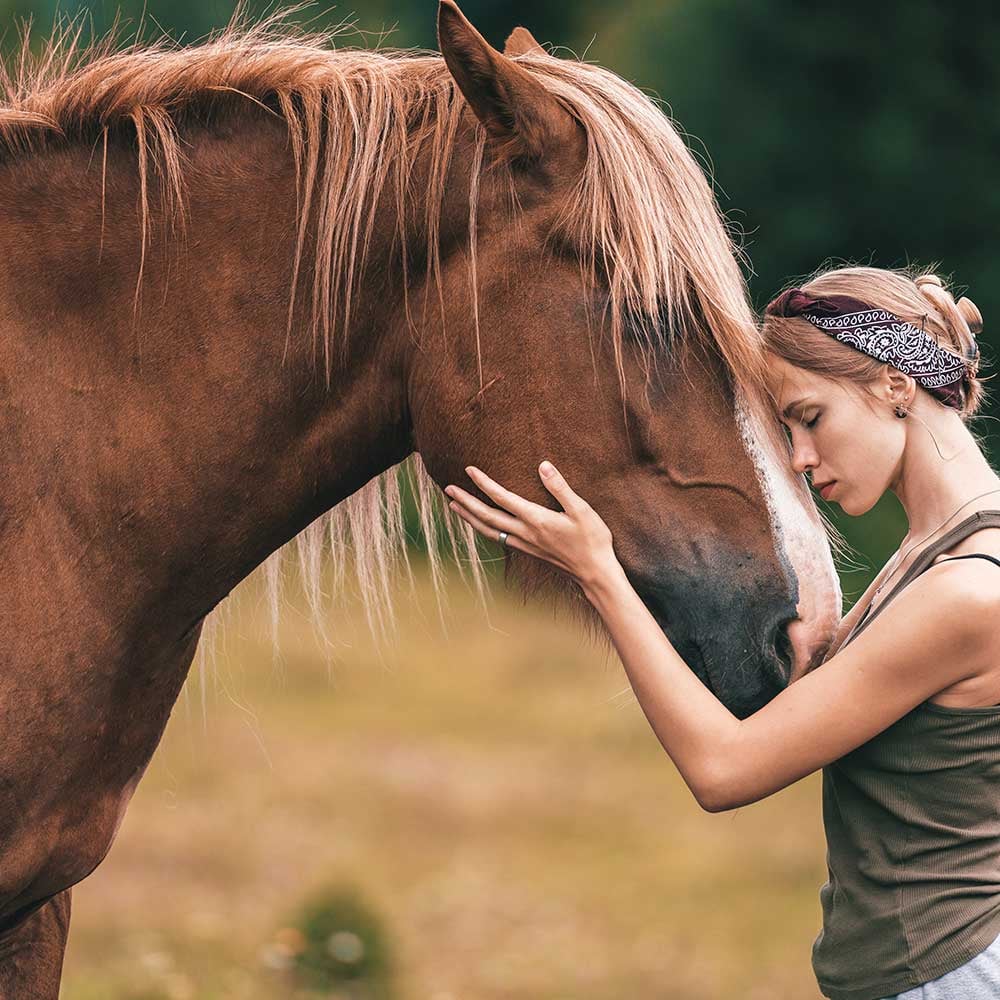
Resignation phase
There is a lack of energy and the horse no longer really takes part in life. Others also describe this phase as “absolute obedience”. The horse's stress system is not designed to continuously release cortisol. If the horses are exposed to intense stress for a particularly long time, the cortisol level drops. There is a breakdown of the stress system, which is responsible for the horse being listless, dull and depressed. Stomach ulcers, diarrhea, fecal fluid, colic, respiratory diseases, metabolic diseases, and allergies are possible secondary diseases of burnout.
Enjoy your work
To be able to restore this condition requires a lot of time and patience. Species-appropriate husbandry is essential. Horses that are allowed to graze for several hours every day show significantly fewer behavioral problems and are happier. Natural feeding should also be aimed for. Relaxation methods, ground work, walking in the terrain are suitable methods for a building phase so as not to overwhelm the horse and give him other thoughts. Acupuncture and relieving muscle tension are also helpful.
Phytotherapeutically, the stress level through herbs such as lemon balm leaves, peony root, St. John's wort and B vitamins from brewer's yeast can be a good way to ensure faster relaxation. If training can be resumed after the development phase, relaxation and regeneration phases should also be on the plan in addition to suitable equipment, age- and performance-adapted, varied training.
“Education should only ever represent the refinement and perfection of nature. If this nature is violated in the slightest, it loses its irreplaceable value. Anyone who deprives such a proud, magnificent creature of this creation of its nobility degrades it – and at the same time degrades himself as a human being.''(Kurt Albrecht)
€127.95*
Available, delivery time: 1-3 days
What is cortisol?
Cortisol is also known as the stress hormone. This endogenous hormone is produced in the adrenal cortex and is released primarily when the horse is under acute stress. With chronic stress, however, the exact opposite happens and cortisol levels are extremely low.
